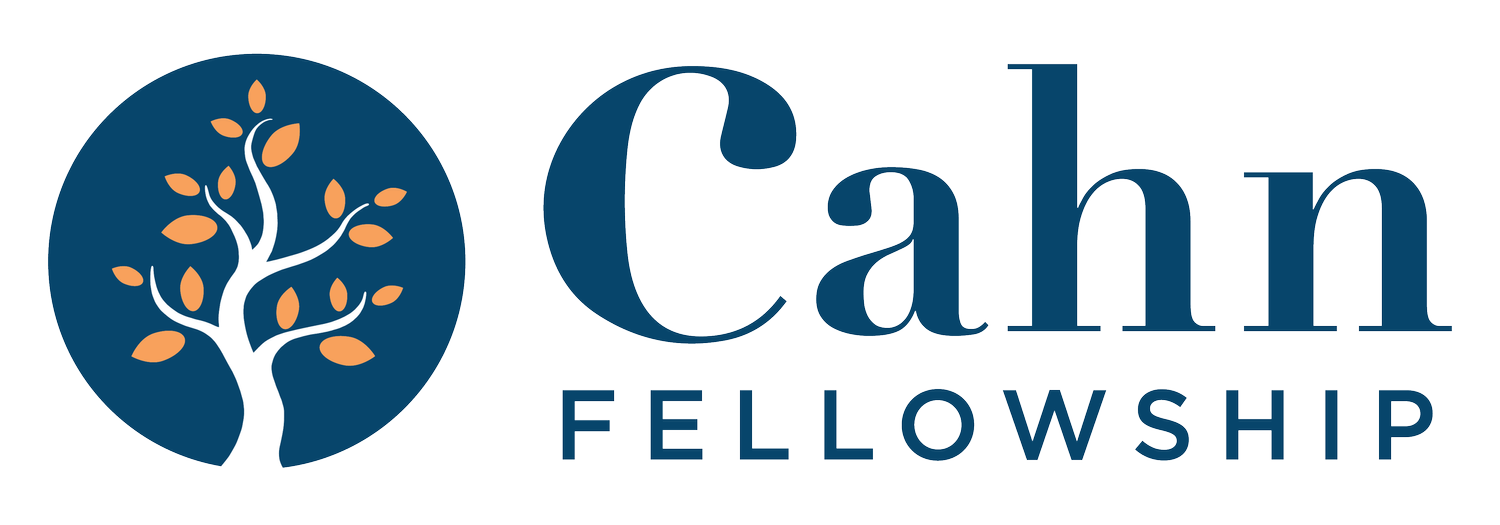Factors that shape instructional leadership practices during a pandemic
Dr. Lisa Dachs-Ornelas • Cahn Fellow 2021
The recent pandemic had a negative impact on the academic progress at Beachy Avenue Elementary School. The 2021 End of the Year DIBELS results showed 39% of the students scoring in the intensive level. Students returned to school, for the 2021-2022 school year, but the shortage of teachers and student absences due to COVID cases and to being a close contact disrupted the continuity of learning. The structures that were once in place were no longer reliable. The recent pandemic and Distance Learning have led to teacher burnout. Teachers’ buy-in during these unprecedented times has been a challenge for a leader who is balancing student achievement and mental well-being. This problem of practice examined student performance on the DIBELS from the beginning of the 2021-2022 year to the end of the year, as well as on the effectiveness of various programs implemented during this school year. The findings suggest that students in Special Education are not making sufficient progress and are stagnant at the intensive level. The results also suggest that the implementation of a strategic phonics intervention program regularly contributes to progress in specific skills; however, it does not consistently affect the overall composite scores. It is recommended that Beachy Avenue Elementary School expand the intervention program to encompass a larger population and focus on supporting our students in special education.

